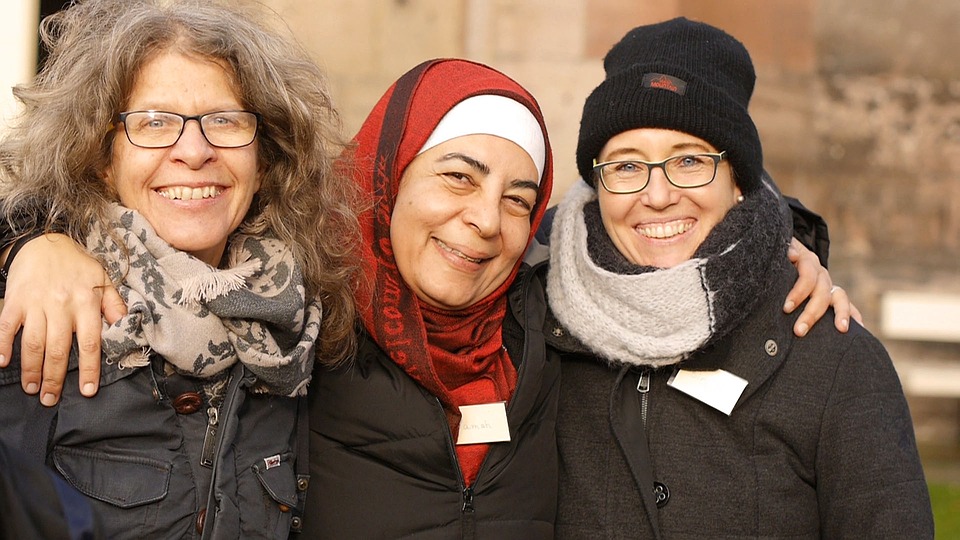The Immigration and Refugee Board to Clear the Backlog of ‘Legacy Claims’
On June 20, 2017 the Immigration and Refugee Board (IRB) announced a new taskforce to clear the backlog of ‘legacy claims’. Legacy claims are refugee claims that were made prior to December 15, 2012 when the new refugee determination system took effect. The new system requires all refugee hearings to be held within 60 days and as a result, ‘legacy claims’ were put at the bottom of the list for scheduling. The Immigration and Refugee Board has not held hearings for an estimated 5,600 of the original 32,000 legacy claims.
Forgotten, Living in Limbo, Separated from Family
Legacy claimants have been living in limbo for a minimum of four years, unable to move on with their lives, separated from family, and stuck dealing with the psychological impact of not knowing what the future holds. Legacy claimant Margaret Ekelemu has lived with the uncertainty not knowing whether or not her claim will be accepted, fearing that she will receive a phone call telling her that she has to go back home. Hanifi Ozdemir had endured the strain of being separated from his family for more than four years while watching his friend go on to become permanent residents, exacerbating his post-traumatic stress disorder.
Anoosha was able to study in Afghanistan under the Taliban, but she has not been to study in Canada because post-secondary institutions consider her to be a foreign student and she can’t afford the high tuition fees. Humberto Corredor has not been able to practice as a veterinarian in Canada because as a refugee claimant, he doesn’t qualify for training. Another claimant has missed out on her now 11-year old daughter’s childhood while waiting over five years to be reunited with her. Legacy claimants describe the experience as ‘agonizing’, ‘frustrating’, and they feel like they have been forgotten.
Advocacy Groups Call for Amnesty
Groups such as the Canadian Council for Refugees (CCR) and the Canadian Association or Refugee Lawyers (CARL) have advocated for years that the government grant legacy claimants some form of amnesty. They proposed introducing special measures to allow legacy claimants to apply for permanent residency without holding a hearing. Legacy claimants face many challenges proving their refugee claims after waiting for a minimum of four years. Refugee claimants have the burden of proving that there is a ‘reasonable chance’ or a ‘serious possibility’ of persecution or a ‘serious possibility’ of torture in their country of origin to be accepted as refugees.
Refugee claimants provide oral evidence at the hearing and are often asked about events in their country of origin that caused them to leave and seek refuge in Canada. Meeting these burdens becomes more complicated with the passage of time. Memories fade and documents go missing. Legacy claimants’ countries of origin will have invariably changed since the claimant left. Legacy claimant David Mateo Camelo worries that “the IRB will focus on the current situation in [his] country of origin, not the one [he] fled.”
Refugee Hearings Will be Held
Despite the advocacy of CCR and CARL, the IRB announced that it will hold hearings for legacy claimants, spending $3 million on the project and hiring 20 to 25 retired refugee judges to hear these claims. The Board has asked legacy claimants to contact and notify the IRB if they intend to withdraw or proceed with their claim. The IRB will start to hear these cases in September 2017 and the backlog is projected to be cleared within two years. If you are a legacy claimant, an immigration lawyer in Canada can help with the hearing process and you can also contact the IRB’s new legacy office at 1-833-534-2292 for more information.
Share this article
Arghavan Gerami
Arghavan Gerami is the Founder and Senior Counsel at Gerami Law Professional Corporation ('PC'), a full-service immigration law firm in Ottawa, Ontario. Since 2011, Ms. Gerami has focused her practice on immigration and refugee litigation. Prior to that, Ms. Gerami worked at the Ministry of Attorney General and the Department of Justice and had the privilege of serving the Honourable Mr. Justice M. Evans at the Federal Court of Appeal on immigration and administrative law appeals. Ms. Gerami contributes to the Immigration Law Section of the Canadian Bar Association, the Canadian Association of Refugee Lawyers, and the United Nations High Commissioner for Refugees. Ms. Gerami has also published numerous journal articles and presented at various immigration and refugee law conferences and events across Canada.

